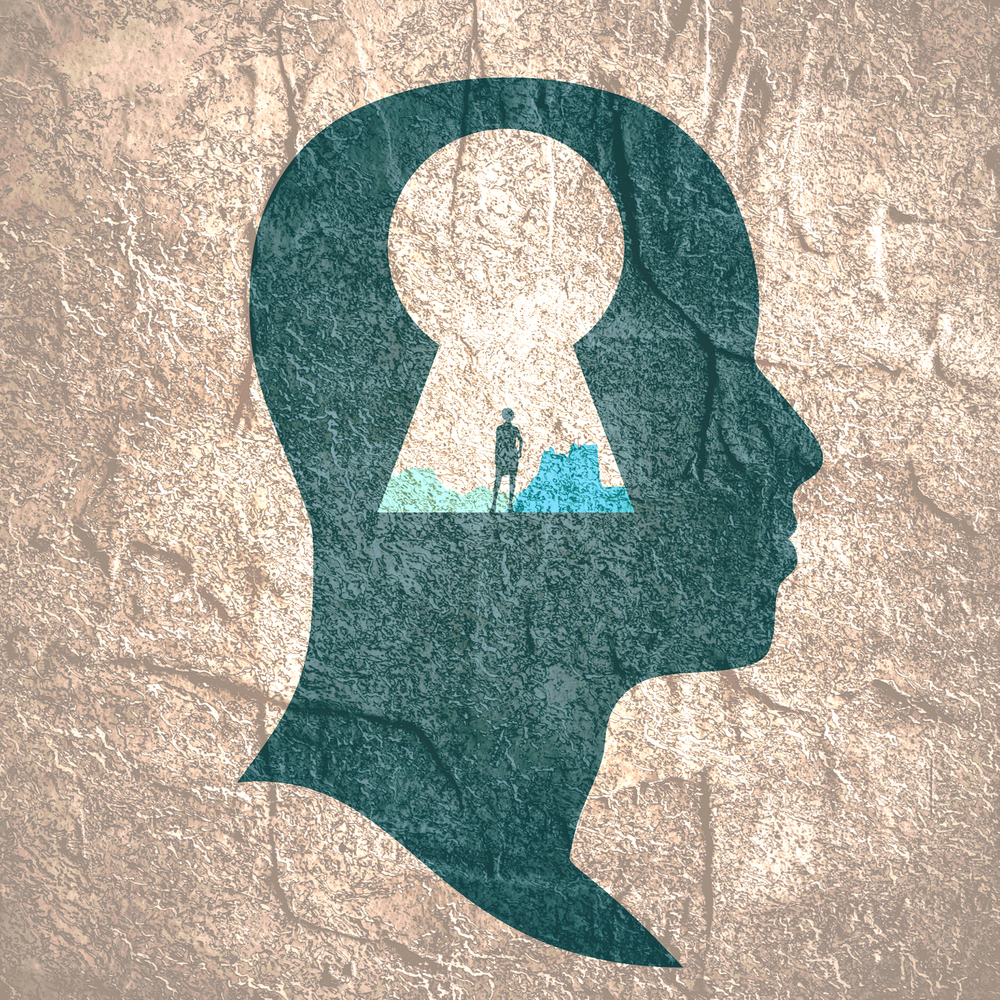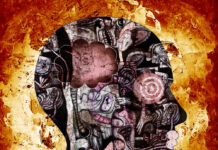A new essay published by the Journal of Psychiatric and Mental Health Nursing argues that the criteria used to justify forced psychiatric treatment are outdated and unreliable, leaving coercion without a sound ethical or scientific basis.
The essay, by Dirk Richter of Bern University of Applied Sciences, argues that psychiatry does not have a reliable disease model for determining who is “mentally ill.” On that basis, he writes, forced treatment cannot be justified. Richter warns that coercive measures are ethically indefensible and often harmful, a concern made more urgent by new U.S. proposals to expand involuntary treatment of unhoused people.
“Instead of the positive effect, the people affected tend to experience punishment, powerlessness, and humiliation,” Richter writes. “This means that psychiatric coercion is at best experienced by a minority as a measure to promote mental health, but for the most part does not lead to the well-being of the people affected.”















